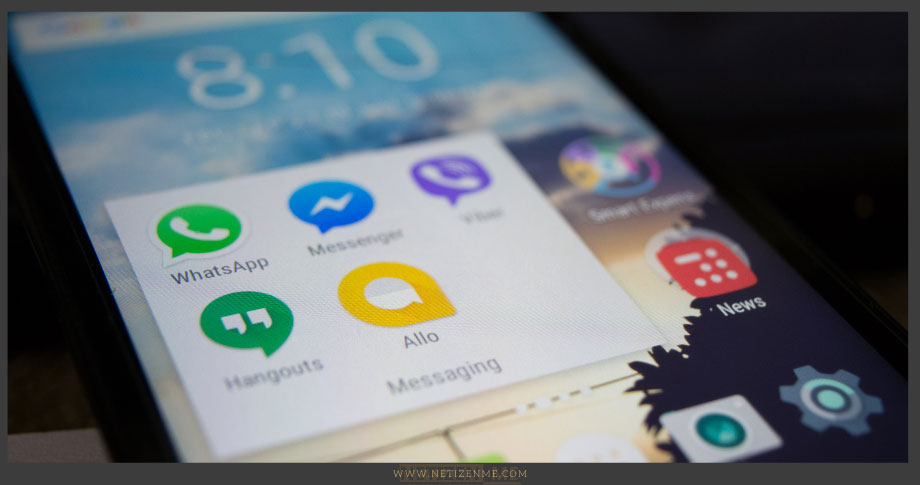Effective communication is crucial in today’s digital age, especially regarding professional emails. The opening of an email sets the tone for the entire message and can determine the level of engagement it receives. This blog post explores the importance of a good email opening, provides insight into the psychology behind first impressions in digital correspondence, and offers 20 powerful Email opening lines for Professional communication suited for different contexts.
The Importance of a Strong Opening in Professional Emails
Creating a Positive First Impression: The opening lines of an email are your first opportunity to engage the reader. Much like a handshake or a greeting in a face-to-face meeting, how you begin an email can influence the recipient’s perception of you and the following message. A thoughtful and well-crafted opening can pave the way for positive interaction and effective communication.
Setting the Tone: A good opening grabs attention and sets the tone for the rest of the message. It can convey professionalism, friendliness, seriousness, or any tone that suits the purpose of your email. Establishing the right tone at the beginning helps align the reader’s expectations with the message’s content.
The Psychology Behind Effective Email Openings
Engagement and Attention: In the digital world, attention spans are short. A compelling email opening can capture and retain the reader’s attention, increasing the likelihood that the rest of the message will be read and responded to promptly.
Building Relationships: Emails are vital to building and maintaining professional relationships. Personalized and respectful openings can make the recipient feel valued, fostering a positive relationship and encouraging ongoing communication.
Crafting the Perfect Email Opening
Understanding the Audience: The first step in crafting a compelling opening is to know your audience. The level of formality and the personal touches you should include can vary depending on whether you are writing to a long-time colleague, a new client, or a group of diverse professionals.
Clarity and Brevity: A clear and concise opening ensures your message is understood quickly. Keeping the opening brief can prevent the reader from feeling overwhelmed and demonstrate respect for their time.
20 Variations of Email Openings for Professional Contexts
- “Hope this message finds you well and ready for the week ahead.”
- “I’m reaching out to update you on…”
- “Thank you for your swift response to…”
- “I wanted to quickly touch base regarding…”
- “It’s my pleasure to inform you that…”
- “I hope your day has been as productive as mine.”
- “Thank you for your attention to this matter.”
- “I trust this email finds you in good spirits.”
- “I appreciate your insights on our last call.”
- “Thank you for your continued support.”
- “I’m writing to seek your advice on…”
- “Let’s dive straight into our agenda.”
- “It was great seeing you at [event].”
- “Your expertise in this area is crucial for us.”
- “I’m pleased to share that…”
- “Could I ask for your perspective on…”
- “Thank you for the opportunity to collaborate on…”
- “Looking forward to our discussion.”
- “I appreciate your flexibility in handling…”
- “Let’s explore new possibilities together.”
Conclusion: Enhancing Communication Through Thoughtful Openings
To conclude, the opening lines of an email are more than just a courtesy; they are a crucial component of effective communication. They set the stage for the following information and can significantly influence the efficiency and tone of the entire conversation. By choosing the right opening, you enhance the clarity and purpose of your message and contribute positively to your professional relationships. Let these 20 powerful Email opening lines for professional communication inspire you to craft openings that capture attention and foster respectful and productive communication.
This article is written by:
This article is written and edited by in-house writers and editors. Knowledge Netizen editorial team is committed to providing accurate and informative content. You can cite our articles under the author name "NetizenMe"





